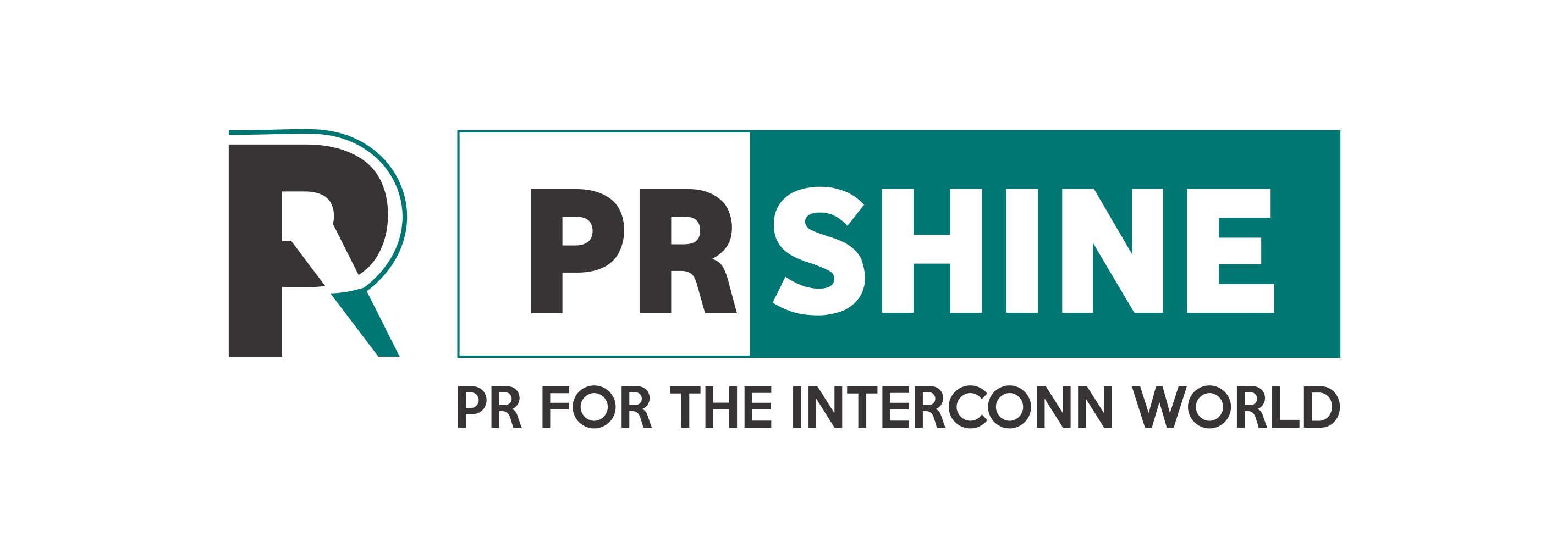How to Conduct Healthcare Market Research
The healthcare industry has grown into a highly competitive environment. Because of the competitive pricing, numerous options, and patients’ growing expectations for optimal care, healthcare providers must rise to the occasion and optimise their operations.


The healthcare industry, like any other, is dependent on its patients to function properly. To provide the best care, the industry has initiated to rely on market research to understand their patients’ needs.
- When it comes to choosing a healthcare provider, 82% of patients prioritise quality customer service.
- Good communication and engagement are important to 62% of patients.
- 66% of patients believe their healthcare providers need to improve their interactions with them.
Healthcare Market Research has developed into a critical component that enables providers to make data-driven decisions rather than decisions based on instinct or perception to improve patient experience until after they have left.
The Importance of Conducting Healthcare Market Research
While the healthcare industry is reliant on services and products to keep patients healthy, industry-specific market research is uncommon.
Healthcare market research should be prioritised because it leads to better care, which is at the heart of the healthcare industry. Conducting market research and gaining a thorough understanding of their target market is the best way for healthcare providers to succeed in the industry.
Having access to the right research can help you establish a solid reputation, attract more patients, receive positive feedback, and become a community resource. Your quality of care will improve as you learn more about your patients’ wants and needs, and patient trust will grow.
- Assist people in locating the help they require
- Patient satisfaction is critical for progress
- Enhance business operations and services
- Enhance healthcare for all
How To Do Healthcare And Medical Market Research In 8 Steps
- Step 1: Bring Decision-Makers on Board
Make sure everyone understands what the research is about, what the goal is, and how to make it all happen. There are numerous stakeholders in any healthcare market research, so it is critical to include them all. Don’t just show up with the results at the end of the ride—invite them from the start.
- Step 2: Select the Audience
This, of course, is dependent on the purpose of your research. However, we would like to remind you of the value you could add by including additional related target groups.
For example, if you’re looking into waiting times and patient satisfaction, don’t just survey patients—ask nurses who know what’s going on the floor to add context to your data.
- Step 3: Take Care of Privacy
The way you handle data and protect your respondents’ privacy is always important, but it’s especially important in this type of research.
Make sure that any market research tools you use are compliant with the regulations that are important to you, and that everyone who uses them understands how to protect data and privacy. Also, make it clear to your respondents how you intend to handle data.
- Step 4: Choose the rRight Research Methods
There are several sources to choose from when conducting healthcare market research. Of course, primary sources will be more relevant than secondary sources (because you’ll get the data you needed, not data gathered for someone else’s use). However, it never hurts to lay a solid foundation, especially in the early stages of your healthcare market research.
- Step 5: Pick a platform
You’ll want to select a platform and tool that has everything. This makes it easier to work with and ensures that you know where all of your data is stored.
Using a platform like Attest gives you all of that and more: we help you set up an survey and ensure you can use the platform effectively. Concerning privacy, you can grant exclusive access to the right people, ensuring that all data is secure—ideal for research, particularly in healthcare settings.
- Step 6: Review the Results
Now it’s time to look at the results! It’s critical that you interpret these correctly, which begins with asking the right questions. When reviewing the data, include all stakeholders to ensure that no important angles are overlooked.
- Step 7: Start implementing
This is the stage at which the magic takes place. Make actionable your qualitative and quantitative market research services. Make them SMART goals: specific, measurable, attainable, realistic, and time-bound.
- Step 8: Measure more than once
It’s critical to follow up after you’ve set your SMART goals and begun implementing them. For example, if you want to improve patient satisfaction, measure again after a while to see if you’re on the right track.
Tips For Healthcare Market Research Surveys
Without responses, healthcare market research surveys are meaningless. Follow these suggestions to improve your response rates:
Target Your Population: Select a population that is relevant to the goals of your survey. If reaching this population is difficult, consider using software to find survey respondents who meet your criteria.
Prioritize Question Clarity: Keep your questions as simple as possible, with as few steps as possible. The simpler your survey, the more responses you will receive.
Be Mindful of Survey Length: You understand the value of time as a healthcare professional. Make your survey as short as possible so that respondents can easily fit it into their schedules.
Offer Incentives: Extrinsic survey incentives such as discounts, coupons, gift cards, or even cash rewards can help increase survey response rates.
Conclusion
Despite the pandemic, the demand for healthcare market research remains high. As a result, careful planning and execution of your surveys, focus groups, or in-depth interviews are required. Make an appointment with a specialist to ensure that your next healthcare research project runs smoothly and produces reliable data.











